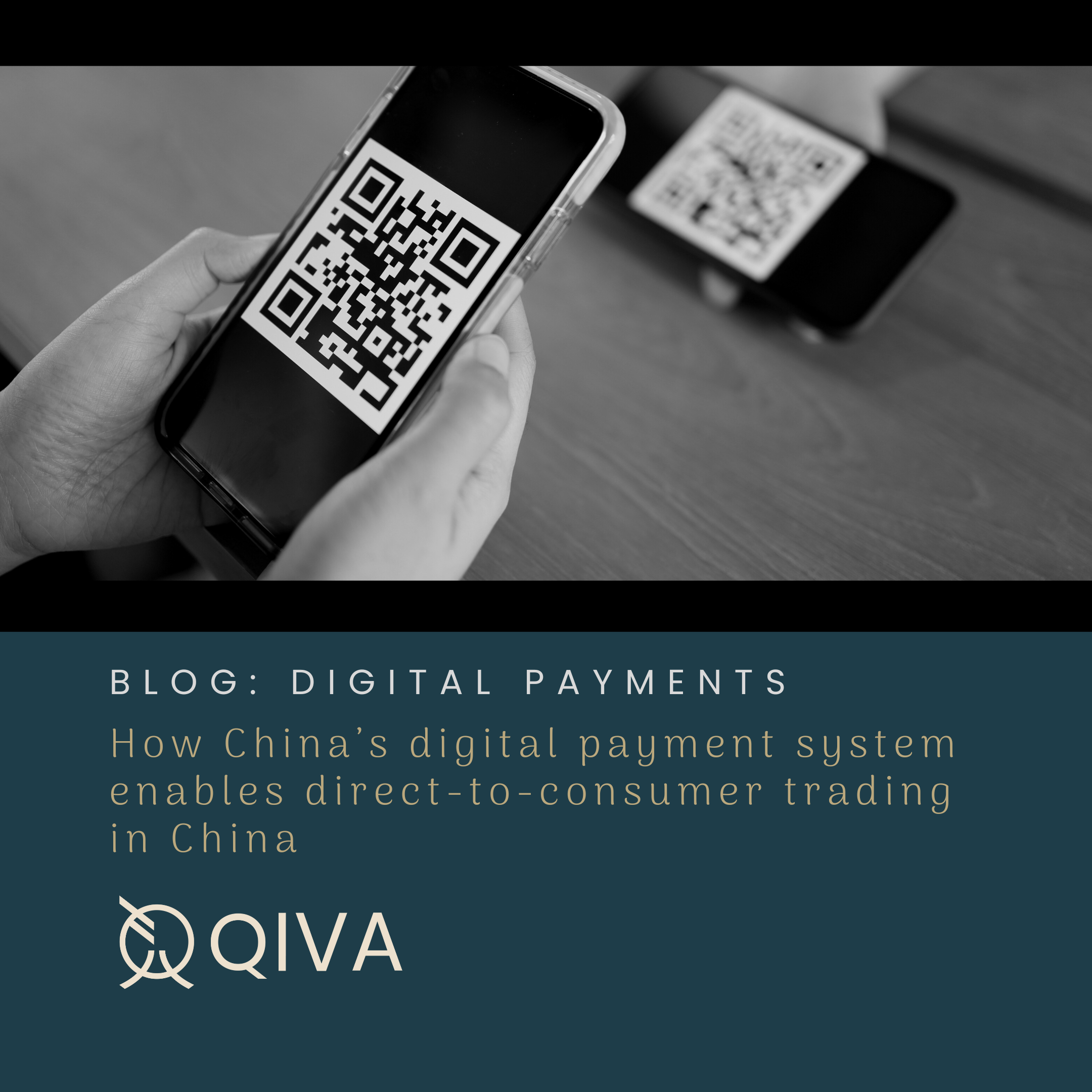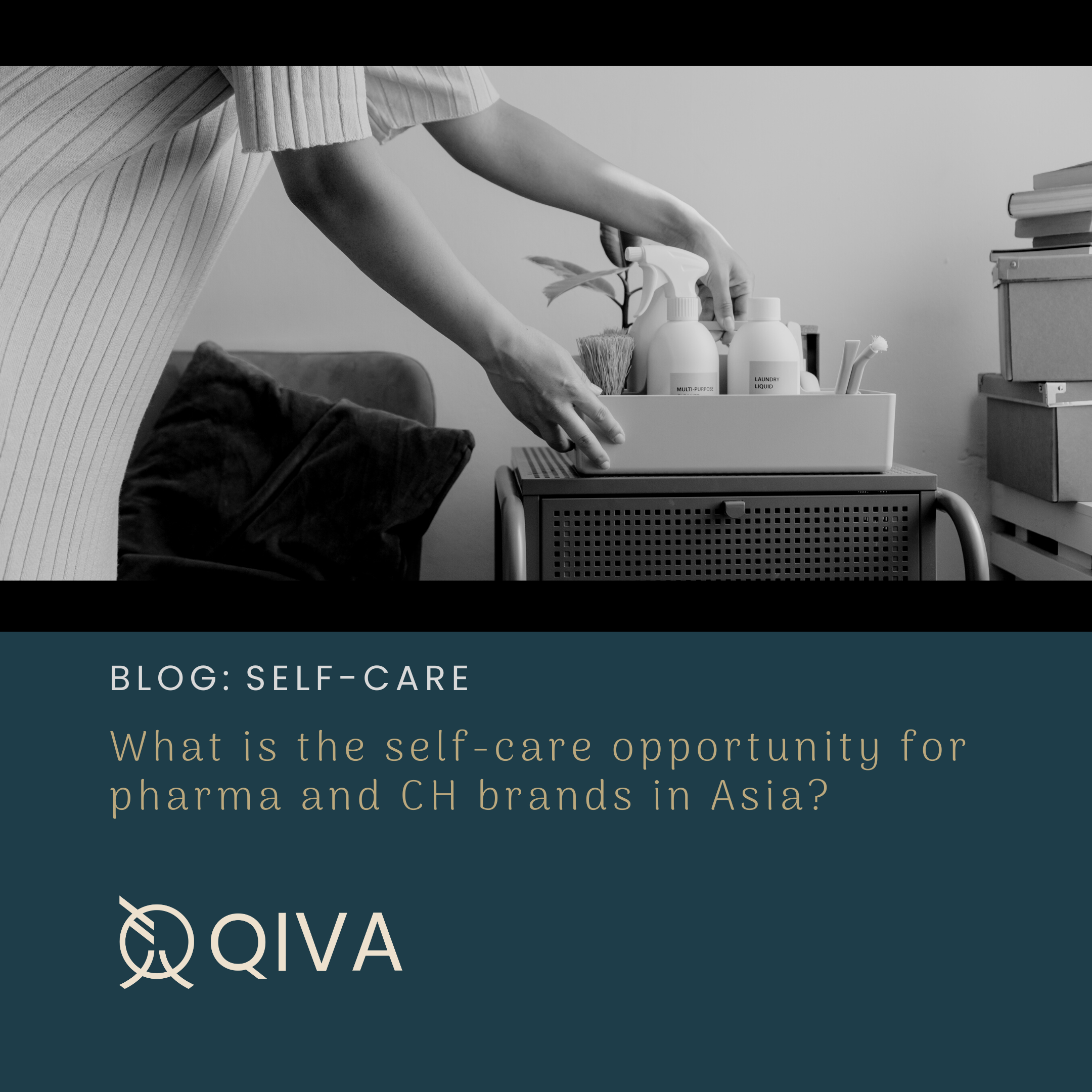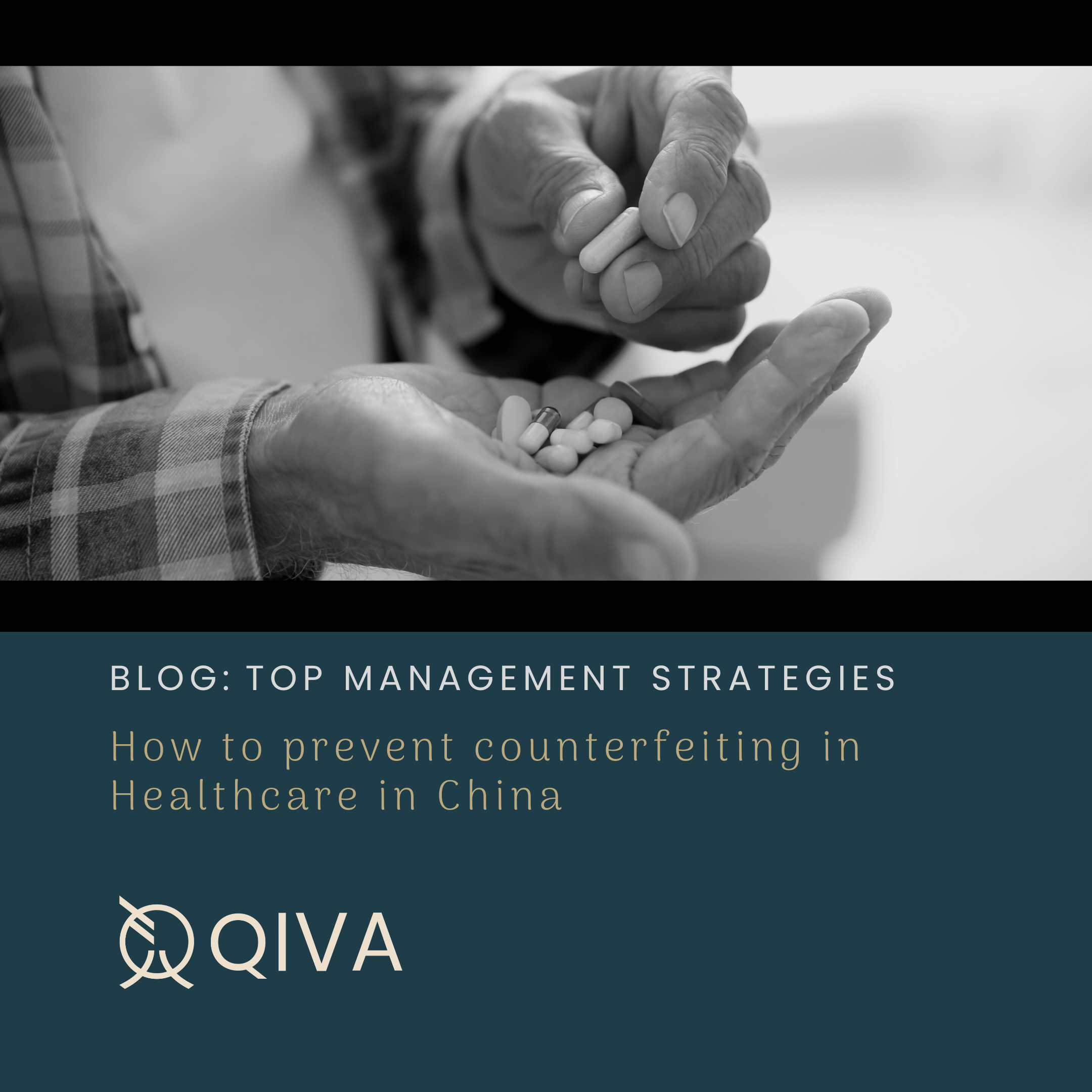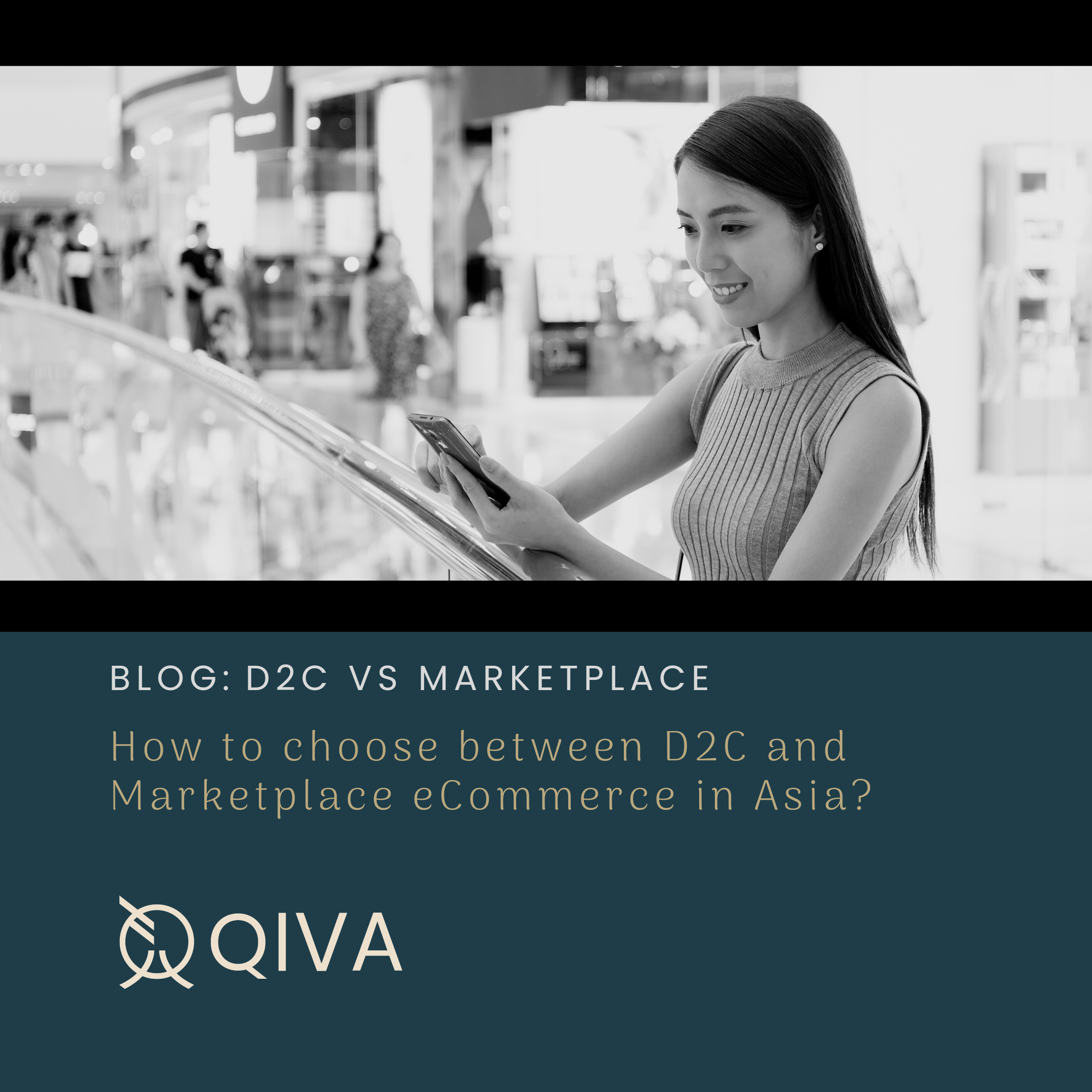Inside China's health paradox

Spurred by aging populations and heightened interest in preventative health, sales of vitamins, minerals, nutritional and herbal supplements have surged globally; the global vitamins and mineral supplements market is expected to grow at >18% CAGR to reach $61.16 billion in 2020.
While this growth trajectory is consistent in China, the age of consumers driving this demand is starkly different. In the US, adults aged >65 form the main consumer group for supplement sales (c. 36%). In China by contrast, 20 – 30 year old’s drive demand and represent the most significant buyer group (c. 30% of supplement sales on Single’s Day 2020 were attributable to this age demographic).
Elevated demand amongst this consumer group is being driven in part by two competing and conflicting realities; rising awareness for wellness juxtaposed against relentless lifestyles. 70% of young consumers actively seek to implement and practice wellness, known as ‘养生’ or 'yangsheng' into their lives. Concurrently, >60% admit to staying up late for work and leisure, and this age group accounts for 65% of alcohol consumption in China.
"Elevated demand amongst this consumer group is being driven in part by two competing and conflicting realities; rising awareness for wellness juxtaposed against relentless lifestyles"
This paradox is aptly captured in its Chinese description - punk health 朋克养生 or ‘pengke yangsheng’, inferring a quasi- ‘rockstar’ lifestyle, characterised by an ongoing cycle of late nights, hard work and reliance on ‘quick fix’ health remedies.
Therefore, while one might assume that the largest opportunity for health lies with the ageing population, China’s ‘punk health’ millennials are demonstrating their power as consumers in this space.





